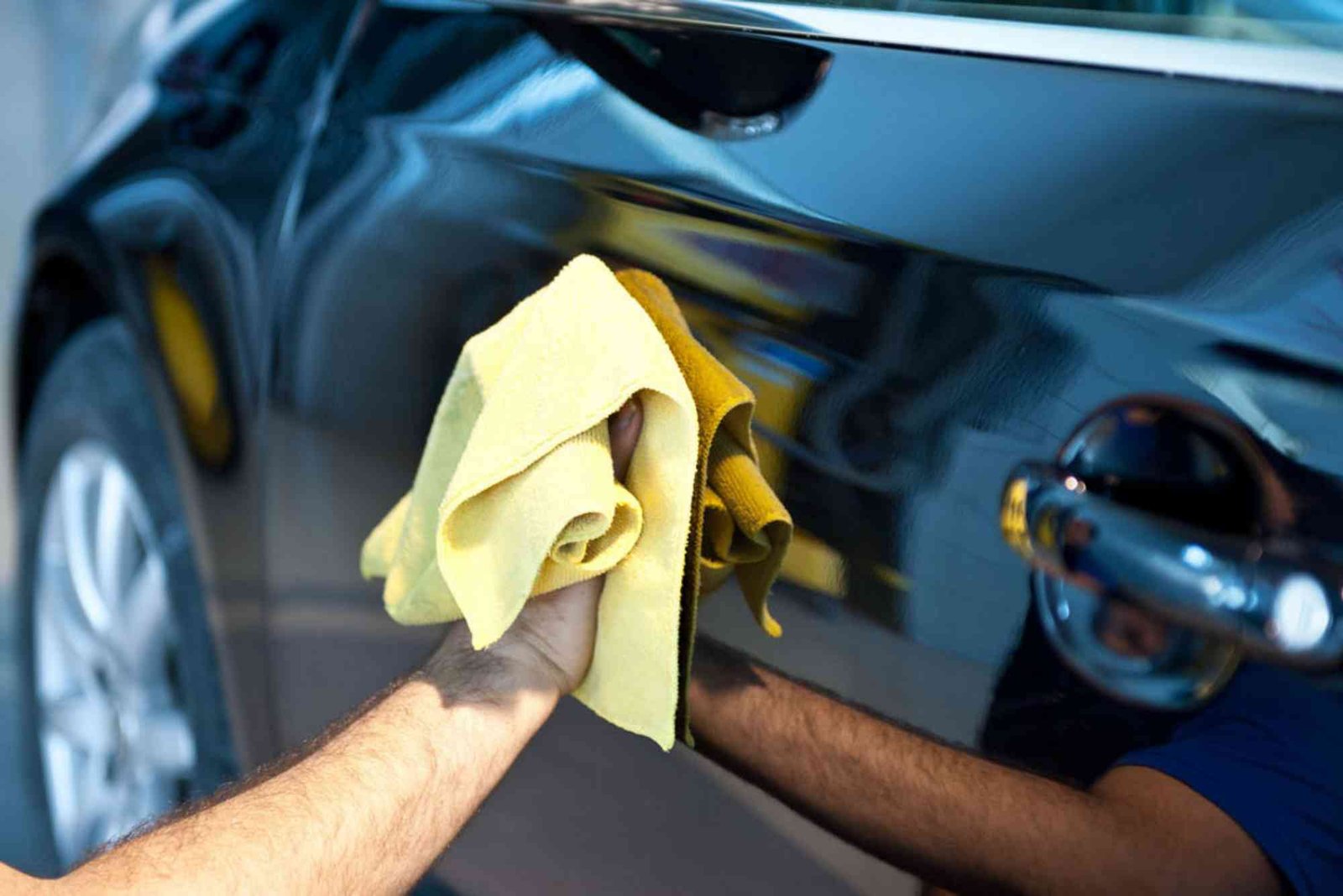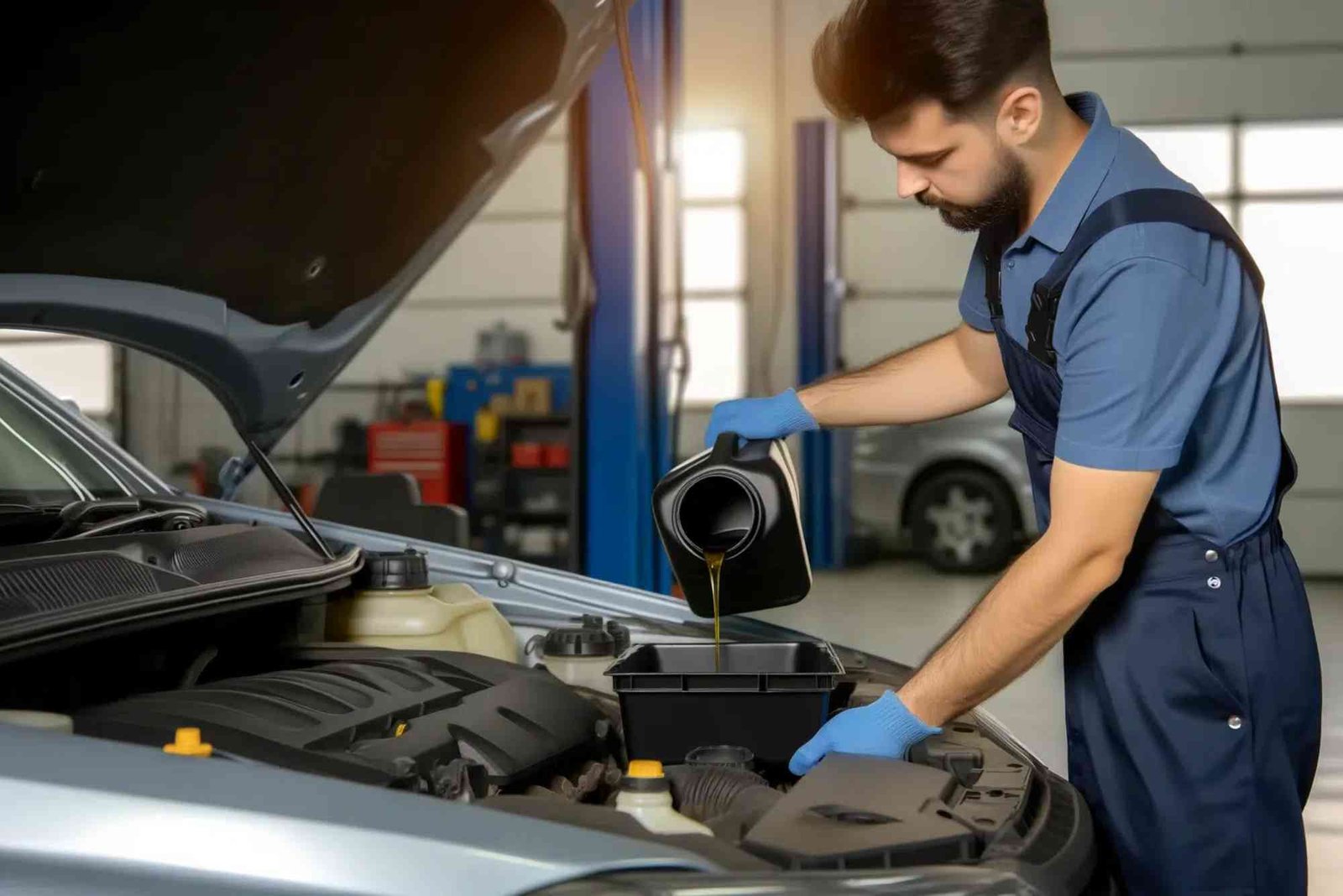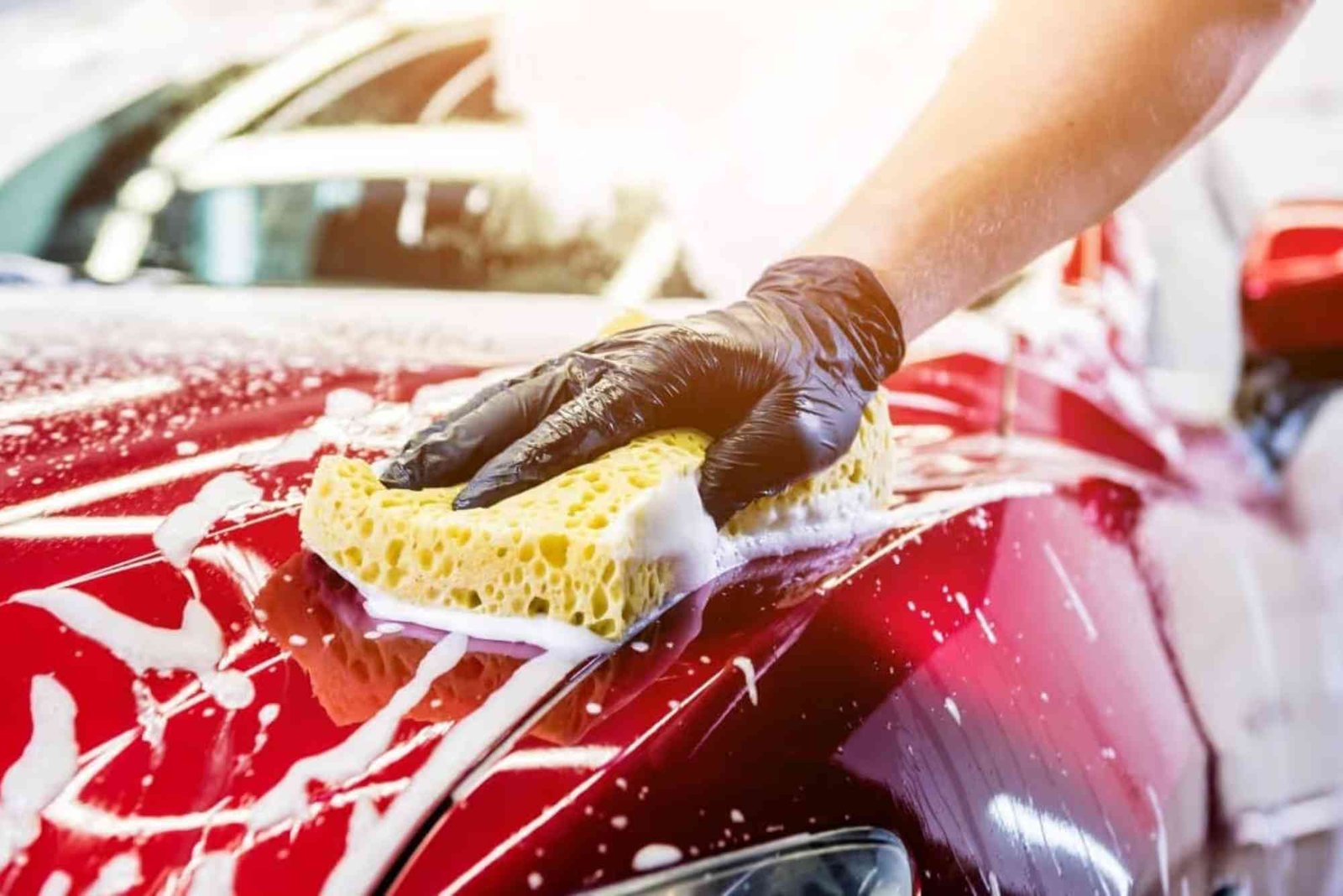Introduction
Regular car service is essential for maintaining performance, safety, and long-term value. Yet, many car owners either overlook their maintenance schedules or make costly mistakes along the way. Understanding how often car service is required can help prevent breakdowns, improve fuel efficiency, and extend your vehicle’s lifespan.
In this comprehensive guide, we’ll take an in-depth look at how often car service should be done, explore expert maintenance tips, and highlight the most common mistakes car owners make. Whether you drive daily or occasionally, these insights will help you keep your car in top shape year-round.
Why Regular Car Service Matters
Routine servicing isn’t just about oil changes—it’s about keeping your entire vehicle in harmony. Skipping regular checkups can cause parts to wear out faster, increase fuel consumption, and even lead to dangerous malfunctions.
A well-maintained car also retains higher resale value. Potential buyers often request full service records before making a purchase. Keeping up with your maintenance schedule ensures your car remains trustworthy and road-ready.
How Often Should You Service Your Car?
The ideal car service frequency depends on your car’s make, model, and driving conditions. However, most experts recommend a full service every 12 months or 10,000–15,000 kilometers—whichever comes first.
Manufacturer Recommendations
Always follow the maintenance schedule outlined in your owner’s manual. Manufacturers test their vehicles under specific conditions, so their guidance is the most accurate.
Driving Habits and Conditions
If you frequently drive in extreme temperatures, heavy traffic, or dusty roads, you may need more frequent servicing. Stop-and-go driving, towing, or idling for long periods can strain the engine and other components.
Signs Your Car Needs Immediate Service
Sometimes, your car will tell you when it needs attention. Watch for warning signs like unusual noises, vibrations, reduced acceleration, or dashboard warning lights. Addressing these early can prevent expensive repairs.
Essential Car Service Tips
Following a few smart service habits can make a big difference in your vehicle’s longevity and performance.
Check Fluids Regularly
Fluids like engine oil, brake fluid, and coolant are the lifeblood of your car. Low or dirty fluids can cause severe damage to the engine or braking system. Always use the recommended fluid type for your vehicle.
Rotate Tires and Check Pressure
Uneven tire wear can affect fuel economy and safety. Rotate your tires every 10,000 kilometers and check the air pressure monthly. Properly inflated tires improve handling and reduce the risk of blowouts.
Replace Filters on Time
Air and oil filters prevent debris from damaging the engine. Replace them according to your car’s service schedule, especially if you drive in dusty areas.
Inspect Belts and Hoses
Belts and hoses may seem minor, but if they snap or leak, your car can quickly overheat or lose power. Have them checked regularly for cracks or signs of wear.
Keep Your Battery Healthy
Car batteries typically last three to five years. Clean the terminals, check the charge, and replace the battery before it fails completely.
For a deeper understanding of maintenance basics, visit our guide on automobile basics.
Common Car Service Mistakes to Avoid
Even experienced car owners can make simple errors that cost time and money.
Ignoring Service Lights
Dashboard warning lights are not suggestions—they’re alerts. Ignoring them could result in severe damage. Always address these signals promptly.
Overlooking Minor Issues
A small rattle or slight delay in ignition might not seem serious, but minor issues can escalate fast. Early detection saves you from larger repair bills.
Using Incorrect Fluids
Every car requires specific fluids. Using the wrong type of oil or coolant can cause internal damage. Always consult your manual or mechanic for recommendations.
Skipping Scheduled Maintenance
Postponing a car service might seem harmless, but it accelerates wear and tear. Regular maintenance prevents sudden breakdowns and keeps your car’s warranty valid.
DIY Without Knowledge
While changing a tire or oil may seem simple, more complex maintenance requires professional expertise. Attempting repairs without proper tools or knowledge can worsen the problem.
Understanding Service Types
Not all car services are equal. Understanding the difference helps ensure your vehicle gets the attention it needs.
Interim Service
This is a smaller checkup performed every six months or around 10,000 kilometers. It focuses on essentials like oil changes, brake inspection, and tire rotation.
Full Service
A full service includes a detailed check of your car’s components—engine, transmission, brakes, suspension, and fluids. It’s usually performed annually.
Major Service
Done every two years or 40,000 kilometers, a major service covers everything in the full service plus replacements for spark plugs, filters, and other wear-prone components.
Expert Advice for Long-Term Car Health
Caring for your car goes beyond scheduled servicing. Small daily habits can help keep it in top shape.
Warm Up the Engine
Avoid revving a cold engine. Let it idle for a minute before driving so the oil circulates properly.
Keep It Clean
Dirt and road salt can corrode your car’s paint and underbody. Wash it regularly and apply wax to protect the surface.
Drive Smoothly
Sudden braking and acceleration increase wear. Smooth driving helps save fuel and extends the life of mechanical parts.
Store It Properly
If you’re not driving for extended periods, keep your car covered and start it once a week to prevent battery drain and fluid stagnation.
An In-Depth Look at How Often Car Service Matters
Servicing isn’t just about fixing problems—it’s about preventing them. Taking an in-depth look at how often car service is performed helps car owners understand why consistency matters. When you maintain your car regularly, you reduce carbon emissions, save on fuel costs, and avoid unexpected mechanical failures.
Trusted mechanics often emphasize proactive care over reactive repairs. Routine maintenance might seem like an expense, but it’s an investment that keeps your car dependable and safe on every journey.
For detailed scheduling guidance, check this comprehensive post on how often car service.
How Professional Services Add Value
Partnering with certified mechanics or an editorial partner ensures your vehicle is serviced with genuine parts and expert care. Professionals not only follow manufacturer guidelines but also detect potential issues early.
A reputable service center maintains digital service records, which makes it easier to track maintenance history and resale value.
FQAs
How often should I change my car oil?
Most vehicles require an oil change every 5,000 to 10,000 kilometers, depending on the oil type and driving conditions.
What happens if I miss a car service?
Missing a service can lead to engine wear, poor fuel efficiency, and potential safety issues. Regular maintenance prevents these problems.
Can I service my car myself?
Basic checks like tire pressure and fluid levels can be done at home, but professional inspections ensure safety and accuracy.
Is it okay to delay car maintenance during winter?
No. Cold weather affects oil viscosity and battery performance, making timely servicing even more important.
What’s the difference between full and major service?
A full service covers standard checks, while a major service includes additional replacements like spark plugs and timing belts.
Knowing how often car service is needed can save you from unexpected repair costs and ensure smooth driving every day. Regular maintenance isn’t just about fixing issues—it’s about preventing them before they start.




